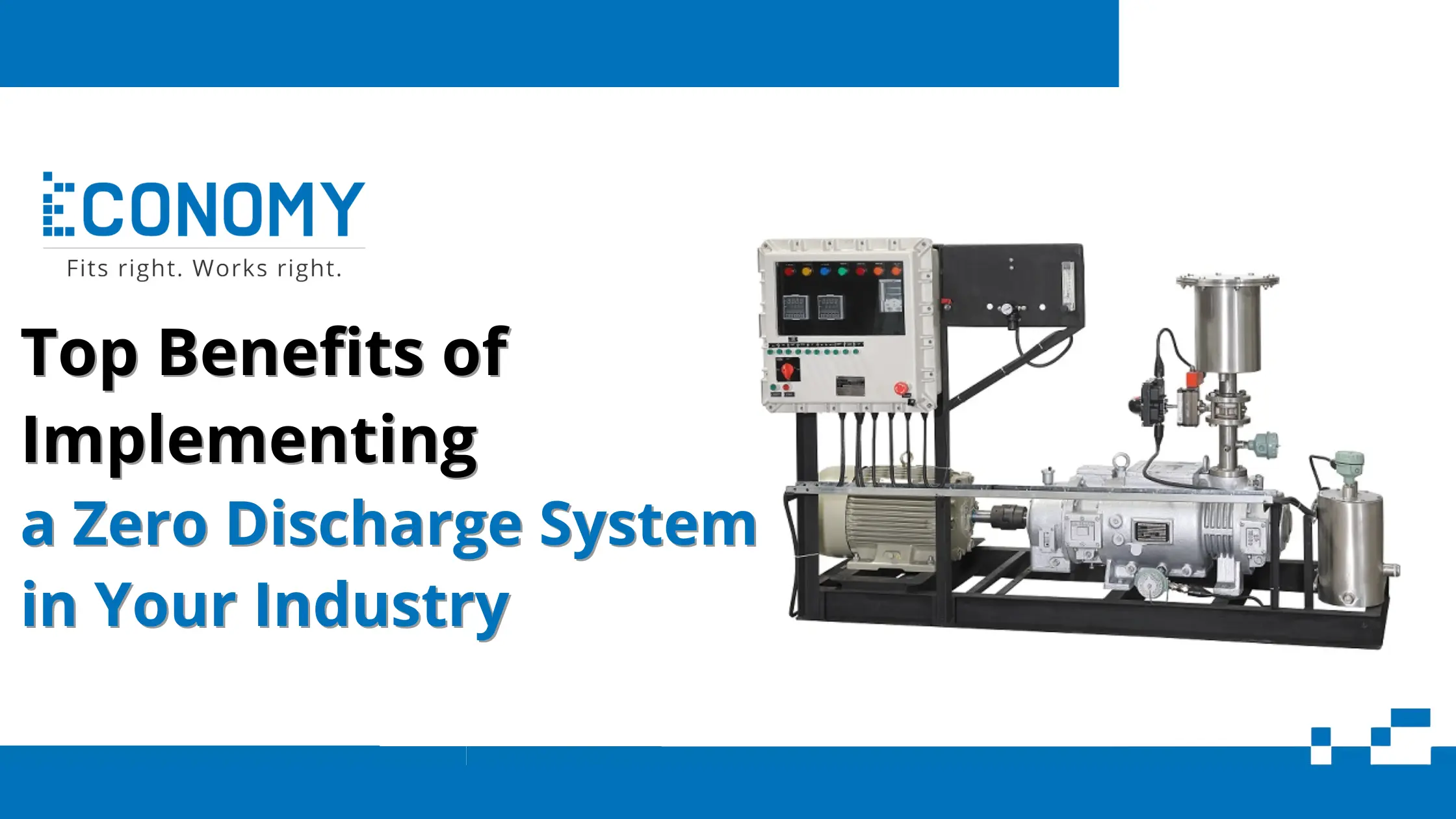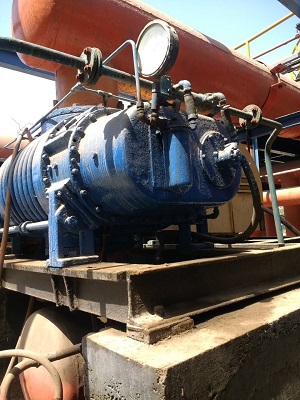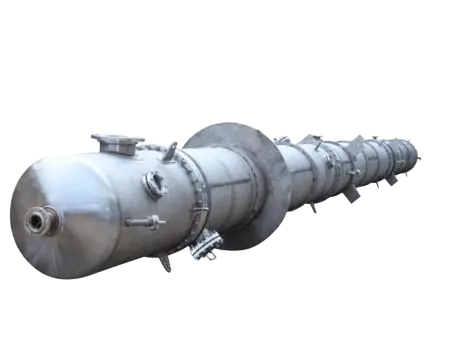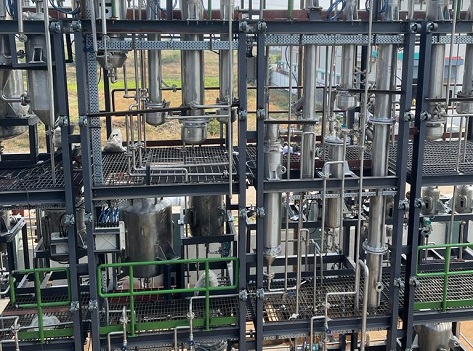
Top Benefits of Implementing a Zero Discharge System in Your Industry
In a world where conservation is at the forefront of global concerns, organizations are very much on the lookout for means by which they can cut down on their impact on the environment without reducing their productivity at all.
Among the modern innovative approaches applicable in the industries, a Zero Discharge System (ZDS) can be regarded as one of the most effective, as it will help reduce waste production and support environmental preservation. This blog aims to discuss the topic of Zero Discharge Systems inclusively, their functions, advantages, and usage in the industries.
Understanding Zero Discharge Systems
A ZDS is an advanced system of wastewater management in a project in which a project involves wastewater management in such a way that no liquids are released into the environment. However, all the water employed in any industrial application is treated in some way and subjected to recycling. Some of the adopted latest technological technologies in the processing of water resource at ZDS include; • Reverse Osmosis • Evaporation and • Crystallization ZDS achieves the maximum resource since the technology it uses does not allow the production of any deleterious waste.
Key Components of a Zero Discharge System:
-
Pre-treatment Units: Sedimentation removes large particles and prepares the wastewater for further treatment in an advanced dilution system.
-
Membrane Processes: Actions such as the use of reverse osmosis for the purification of water.
-
Evaporation and Crystallization Units: Treat the remaining brine which is a waste product into solid material for reuse again.
In sustainable development, this system is instrumental since it cuts water usage and the effects manufacturing has on the ecosystems.
Why Industries Need a Zero Discharge System
Manufacturing processes usually produce a great deal of water with soluble pollutants or contaminants such as acids, metals and other unwanted substances. If the wastewater is released without or with inadequate treatment, the ramifications to the environment are horrendous and unlawful. Implementing a Zero Discharge System is no longer optional but a necessity due to the following reasons:
-
Stringent Environmental Regulations: As world governments ratchet up the standards to reduce pollution, ZDS becomes an essential tool in compliance with these standards.
-
Resource Scarcity: Climatically, while freshwater is fast becoming scarce, both recycling and reusing of water are very vital.
-
Corporate Social Responsibility (CSR): Making use of ZDS also helps to strengthen the image of an industry in terms of its concerns about environmental protection.
Key Advantages of a Zero Discharge System
Adopting a ZDS provides multiple advantages deriving from sustainable environmental concerns only. Below are the top advantages industries can gain:
1. Environmental Protection
Zero Discharge Systems significantly minimize the discharge of pollutants into natural water sources and protect the water ecosystem, thereby maintaining the species diversity in water systems. It is worth stressing that by using necessary treatment tools for wastewater and recycling it, companies can shrink their ecological footprint dramatically.
2. Cost Savings
The actual cost of establishing a ZDS may appear pricey initially, but it is worthy noting that its savings, in the long run, are undoubtedly impressive. The use of recycled water helps the industries to minimize the use of water from outside sources hence reducing the operational costs. Furthermore, the production of paramount byproducts such as salts and minerals from the recovered wastewater may add up to more revenues for its owners.
3. Regulatory Compliance
Environmental standards set by legislation can become expensive in terms of penalties and affect an organization's operating processes if they are complied with. A ZDS guarantees legal compliance helping industries shield themselves against potential financial and reputation losses.
4. Improved Resource Efficiency
Zero Discharge Systems reuse water and recover byproducts, and thereby promote a circular economy. This approach also falls well in line with the sustainability objectives of the world and boosts the performance of operations.
5. Enhanced Brand Image
Process of designing and maintaining ZDS-proof engagement toward sustainably managing business organization. This also makes a direct strategic appeal to customers who are now more worried about the environment while at the same time maintaining good relationships with their stakeholders as well as investors.
Industries Benefiting from Zero Discharge Systems
Pulp and paper makers, as well as other industries, have tried adopting Zero Discharge Systems to overcome their industries’ WWT challenges. These include:
-
Textile and Dyeing Industries: ZDS is applied in industries that produce large volumes of water being used for recycling by treating it systematically.
-
Chemical and Pharmaceutical Industries: In this regard, ZDS assists in removing waste and hence helps to minimize the cost of production by reusing useful compounds.
-
Power Plants: Such facilities require a lot of water, especially for cooling and some other activities within the plant. Minimizing water consumption and ensuring conformity to norms of environmental protection is achieved by a ZDS.
-
Food and Beverage Industries: These technologies need Organic waste to be treated, and water is recycled Sustainable production is encouraged by ZDS.
How to Implement a Zero Discharge System in Your Industry
It will be important to note that the achievement of a Zero Discharge System is a long process that should follow a particular flowchart. Below are the critical steps involved:
-
Conduct a Wastewater Audit: This is a good time to check just how much and what type of wastewater is produced by your operations.
-
Design a Tailored Solution: Consult with the specialists to model a ZDS that corresponds to the needs of your field.
-
Invest in Advanced Technologies: Invest in the best treatment technologies – reverse osmosis and evaporators for your system to work efficiently.
-
Train Your Workforce: Make sure that the human resource capable of running and managing the system is trained to do so.
-
Monitor and Optimize: It is necessary to control the efficiency of the technological system and make corresponding corrections if required.
Conclusion
A Zero Discharge System is not just a progenitor to wastewater treatment solutions but it is part of attaining industrial sustainability. They have identified that the ZDS industries can lower the negative effect towards the environment, lower costs and increase their brand profile. Since global attention towards sustainability is persistently rising, implantation of such trends like ZDS will be crucial to industries that would want to remain relevant and sustainable.


























